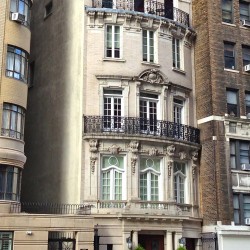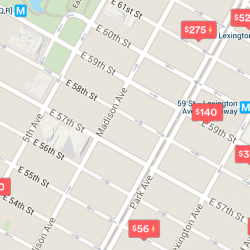What San Diego Is Doing About Short Term Vacation Rentals
There is some confusion about the process of subletting properties and housing units as short term vacation rentals in San Diego. The San Diego Union-Tribune shows that over the last few years, the city has been embroiled in a legal debate about how to handle excessive use of platforms like Airbnb that helps property owners[…]






